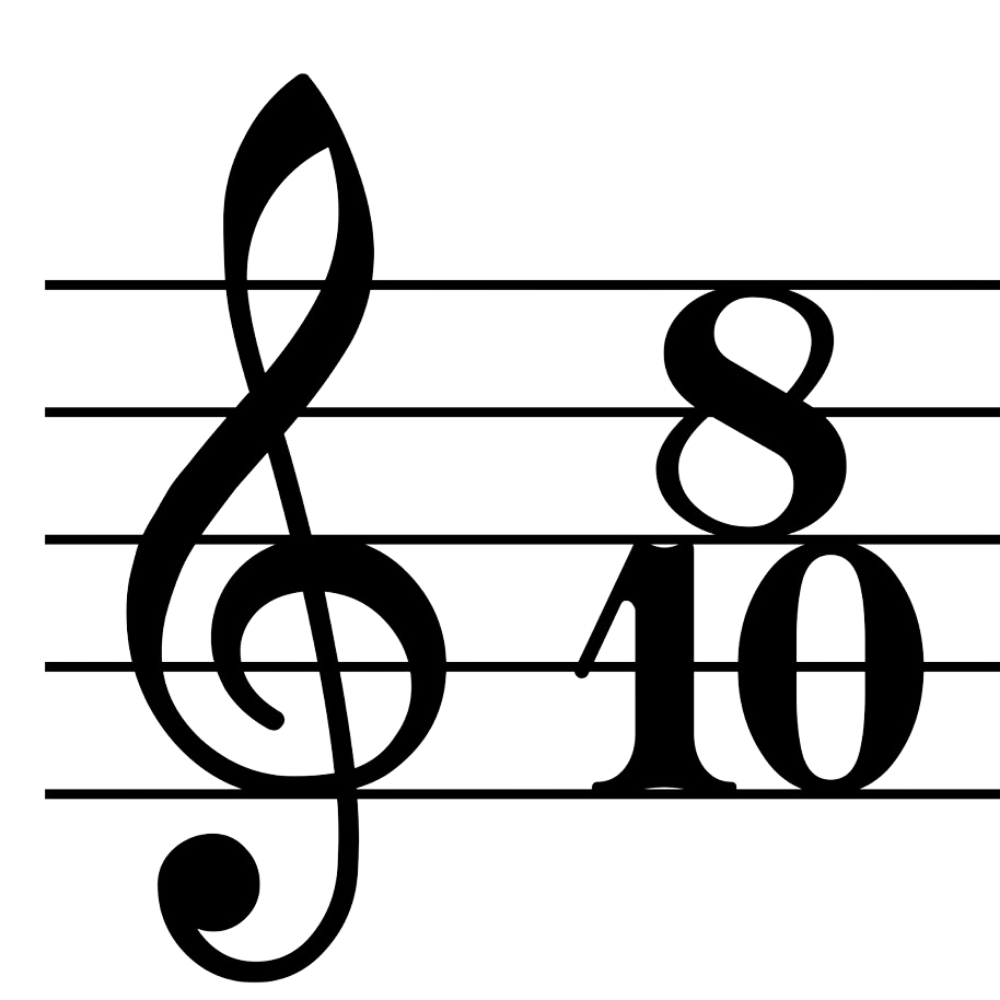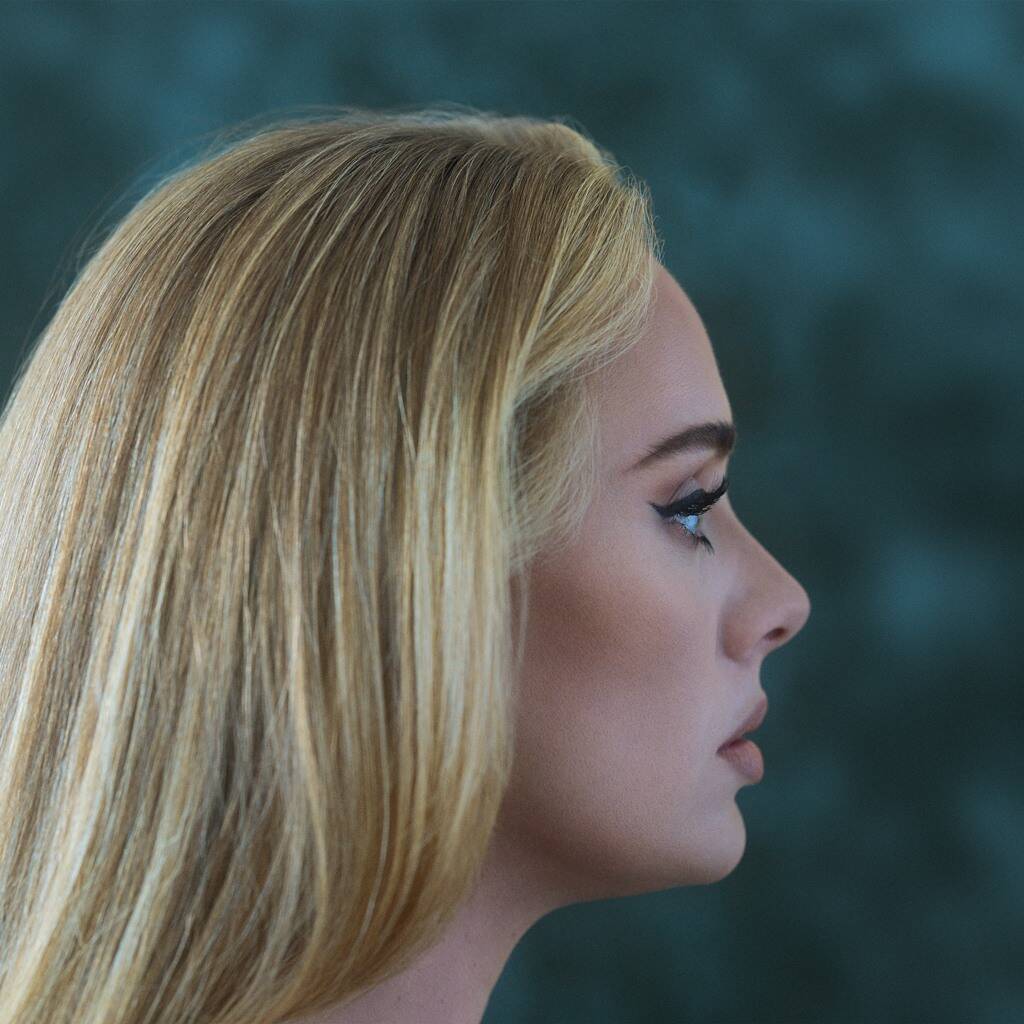As one of the world’s biggest musicians enters her 30s, she shares personal experiences that will illuminate the lives of a generation.
There’s a mythos now that surrounds the name “Adele.” With two of the best-selling albums of the century, 33-year-old Adele Adkins has created standards as often as she has defied them, living a life split between A-list fame and airtight privacy. Taking four and six-year breaks between her most recent albums, she has chosen to make her music around her life, not her life around music, a rarity in musicians of her caliber. Following the stratospheric commercial success of 2015’s 25, she’s back with another album of soul-pop that chronicles her recent divorce from the father of her nine-year-old son.
Inspired by the works of Al Green and Marvin Gaye, 30 sees Adele return to familiar sonic territory with retro soul and blues production, but she also steps enough outside of her past works to create both familiarity and excitement. The much-hyped electronic experimentation is of course quite light on “Oh My God,” and would generally be unremarkable for any other act not under Adele’s microscope. The truly rewarding experimental work is shown on “My Little Love,” a thoroughly conceptualized track that reveals intimate recordings of the star. She talks honestly to her young son about her emotions with a mother’s touch, before crumbling on a voicemail to a friend about the truly overwhelming nature of her emotions. Voice notes in music are nothing new, but the prominence of them here is unlike other tracks in the category, and certainly on an Adele album. While a track like this could border on simply feeling more like an interlude than a song, the excellent editing and sampling from the producer (prior collaborator and hitmaker) Greg Kurstin make this a new artistic highlight for Adele as she incorporates both old and new musical forms.
Further in the tracklist, the production grows even more warm and lush, with some lucky songs reaching 21’s truly classic level. “Hold On” ascends to ’20th Century Fox presents’-level grandeur with its full choral backing, as does the defeatist album closer “Love Is A Game.” Not every track can be a knockout as that album showed, however: “Can I Get It” is hardly offensive, but steps too close to Ed Sheeran‘s terminal case of hit seeking. The much-hyped “To Be Loved” is by miles the most passionate performance on the album, but as a vocal fanatic might anticipate, Adele’s voice borders nerve-wrackingly, perilously close to failing. In sacrificing any concern about technical proficiency, Adele makes sure her audiences feel every emotion as intensely as she does. But one still has to wonder what else she could be capable of if there was more pedagogical discipline.
In Adele’s well-chaptered and chronicled life, ’30’ seems like the right bookend for her moment. Her 20s were somewhat self-righteous, heart wrenching accounts of her lover’s faults and her subsequent scorn. But through marriage, motherhood, and divorce, there’s the unmistakable realization that she “self-inflicts that pain.” There’s a real reckoning of Adele’s humanity here, as she reaps the consequences of her life choices both mundane and extraordinary. And almost impossibly so, 30 feels inoculated from her superstardom, like it’s an album for few rather than many.





